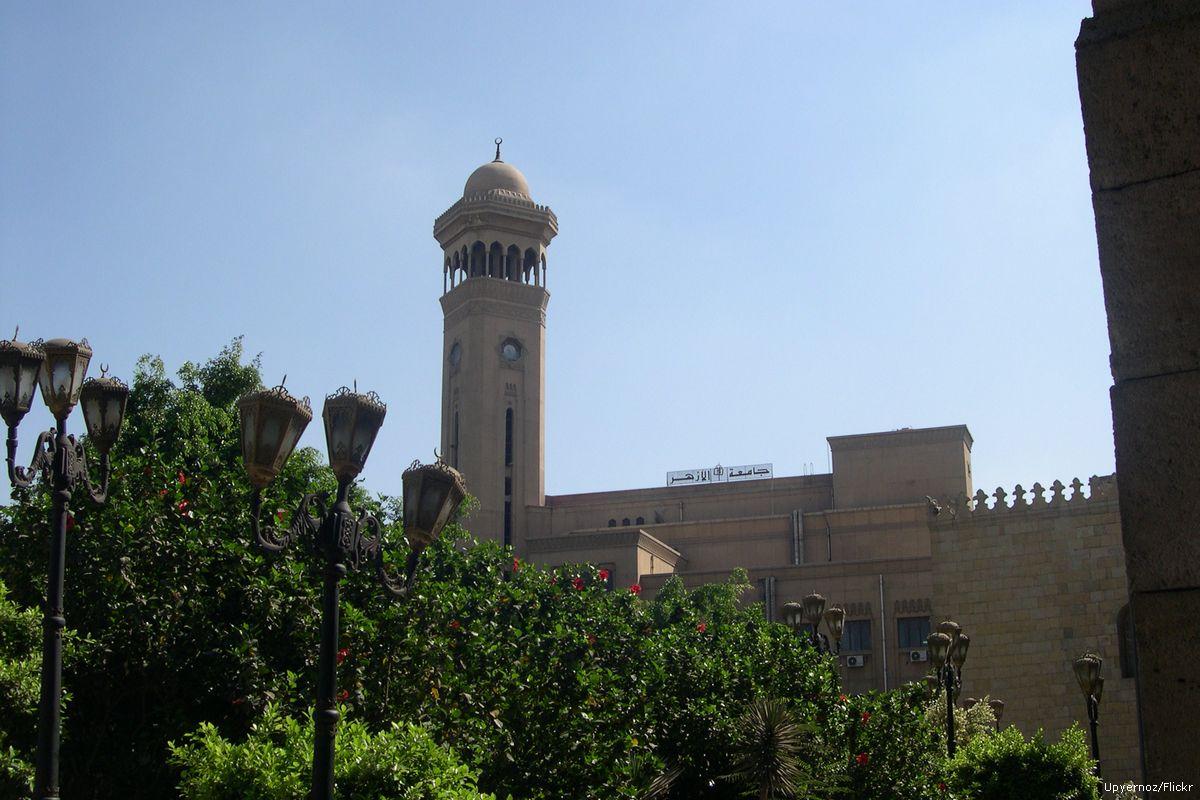
Egypt’s political communication problems came to the forefront when the current government was formed in July 2024, as the addition of political communication to the ministerial portfolio for Parliamentary and Legal Affairs made headlines.
At the time, it was said that this new ministry was one for political communication, so that the government could open up to society and build a bridge of understanding with citizens.
Proponents specifically rallied to promote it as an outcome of the National Dialogue.
We imagined, then, that it would seek to fill a void we all know exists in the government’s political communication with the public, and not merely engage in parliamentary or political arrangements or defend the government under the dome of the House of Representatives.
The concept of political communication is much broader than just managing quotas, lists, and political understandings.
It is about managing the lives of more than 100 million Egyptians—and every detail concerning them, every issue related to their livelihoods, or every struggle they endure is politics itself, in its essence and ultimate purpose.
At the time, the intention seemed to be to fill the obvious gap between the government and the public on many issues, especially the most pressing matters. It was meant to close the wide-open doors to suspicion, doubt, and a lack of trust in the state’s overall performance.
This is because the public perception that had formed was that the government couldn’t provide answers to what concerns Egyptians, clarify the official narrative on complex issues or heated events, or explain sudden policies or decisions that don’t take into account the public’s best interests.
However, the political communication goals within the ministerial portfolio have not been put into action.
The ministry has settled for the roles of parliamentary and legal affairs, as if there are obstacles to communication and engagement. This is despite the fact that the government’s political communication is not what it should be, a reality that becomes evident during every crisis, with some exceptions.
Looking back at several incidents from recent months, a review of the political communication of various ministries—especially those directly linked to essential services—shows their performance is marked by disarray when addressing public concerns.
For instance, one ministry posted conflicting messages about the same event on social media while trying to manage a sudden crisis.
Another ministry doesn’t seem to know what to do when providing initial clarifications to the public about an issue concerning people’s very lives. A third doesn’t know how to craft a media message to reveal what it sees as a new economic program. And a fourth provides information without proper context, so its statements are wasted and even misunderstood – severing its relationship with the people.
Political communication does not mean simply giving people data about ministries and minister activities.
Political communication is about directly answering what occupies people in their reality—providing answers and clarification from the perspective of the government’s duty to manage people’s lives. People want to understand and appreciate those who respect communication with them, for communication is first and foremost a human value before it is a governmental role.
Political communication is therefore an obligatory vision for any government, not just a task within a ministerial portfolio. If this task is obstructed, the issue must be reviewed.
The government must either clear the way for it to become a genuine reality that benefits both the government and the people – otherwise, communication will be relegated to a single, reactive response played only during a crisis or national concern.
Communication is transparency. Transparency is reform and integrity.
Author’s bio:
Alaa Al-Ghadrify has been the Editor-in-Chief of the Al-Masry Al-Youm newspaper since October 2023, and the Executive Editor-in-Chief at ONA Media Group since 2016.
He is also an opinion writer in Al-Watan newspaper and Masrawy website, and an advisor at the Egypt Media Forum.
He further serves as a lecturer in television journalism and in-depth journalism for postgraduate studies at the Faculty of Mass Communication at Cairo University.
He worked as Editor-in-Chief of CBC Extra channel, which he founded, as former Managing-Editor of Al Watan newspaper, and former Executive Editor-in-Chief of its website.
He also co-founded the Al-Masry Al-Youm newspaper, the Al Watan newspaper, and the Al Ashera Masaan program on Dream TV channel, and was the Head of Program Editing at Alhurra channel.




